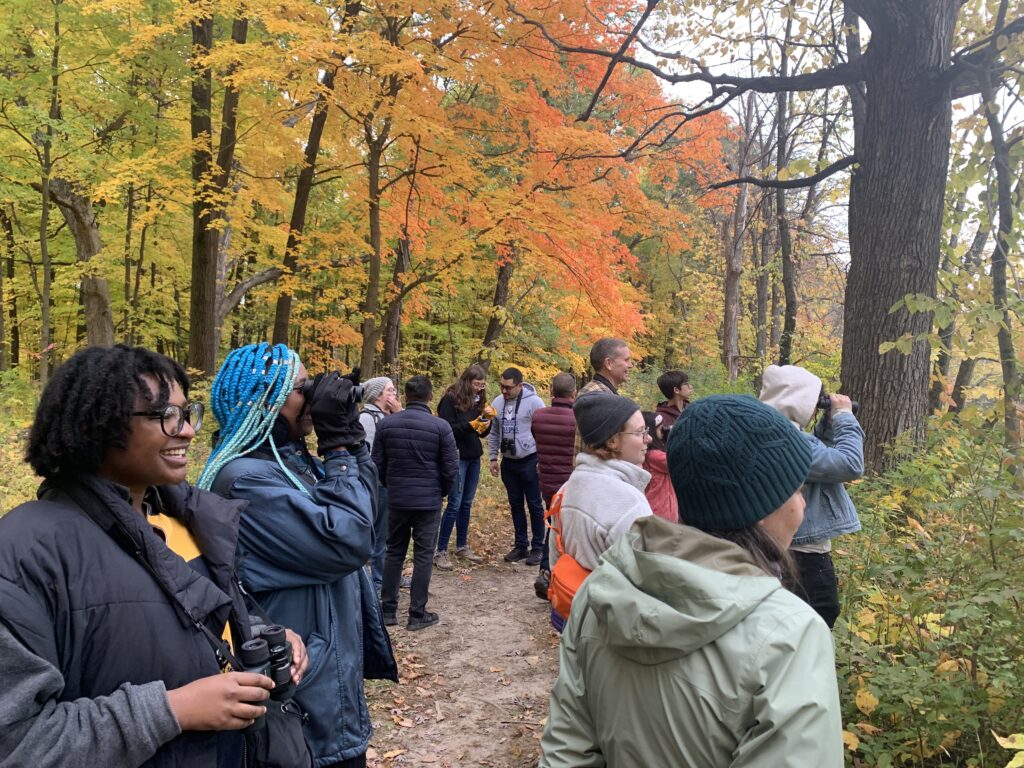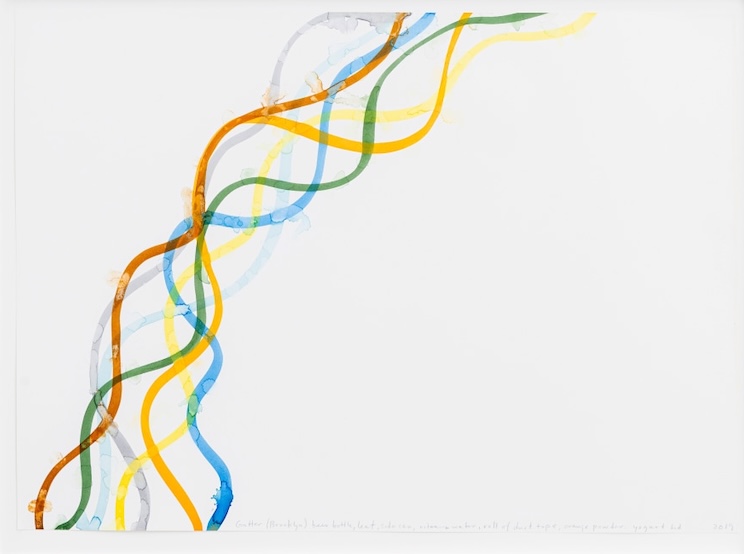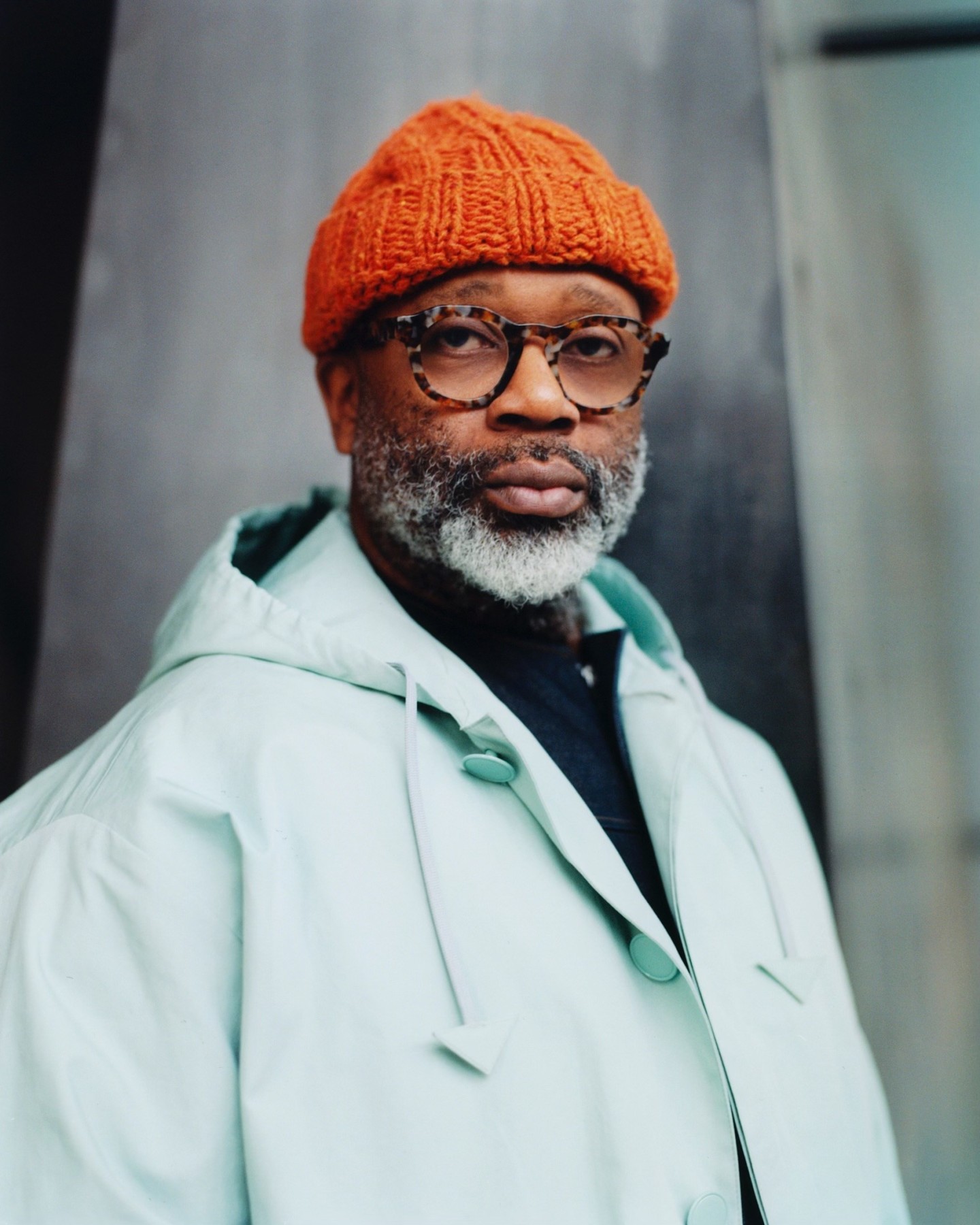Chicago Architecture Center Unveils Changes to Open House Chicago 2020

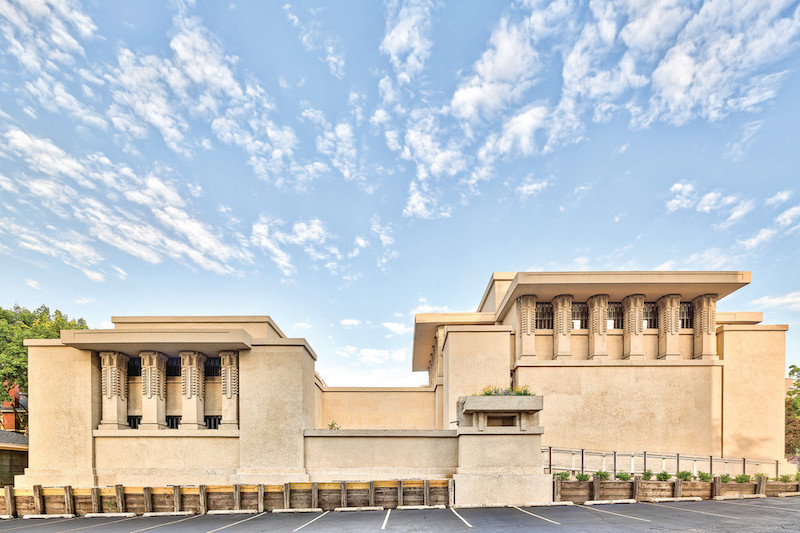
By GINNY VAN ALYEA
As fall draws near – hard to believe in the middle of the time warp in which we now all live – the calendar, or the version of planned time we used to know – is taking shape. One event many have become accustomed to enjoying is the Chicago Architecture Center's annual fall Open House Chicago. This year marks the 10th anniversary of the event. While it's a relief that the event is happening, changes to its format are inevitable.
For the past nine years, OHC has inspired countless institutions to open their doors and welcome in the public to experience behind-the-scenes access to buildings across Chicago. Participants have included arts centers, religious buildings, distilleries, corporate offices, schools, artist studios, and more.
Hosted by the Chicago Architecture Center (CAC)—formerly the Chicago Architecture Foundation, the Center is a gateway for visitors, as well as locals, to explore the city through docent-led tours, exciting programs and imaginative exhibits at its own center at 111 E. Wacker Dr. as well as in hundreds of spaces and neighborhoods in the city and suburbs.
2019 counted over 350 spaces and engaged 109,000 individuals who made 370,000 total site visits to 352 sites in 39 Chicago neighborhoods, plus the near suburbs of Evanston and Oak Park. This all took place over the course of a single busy, and crowded weekend.
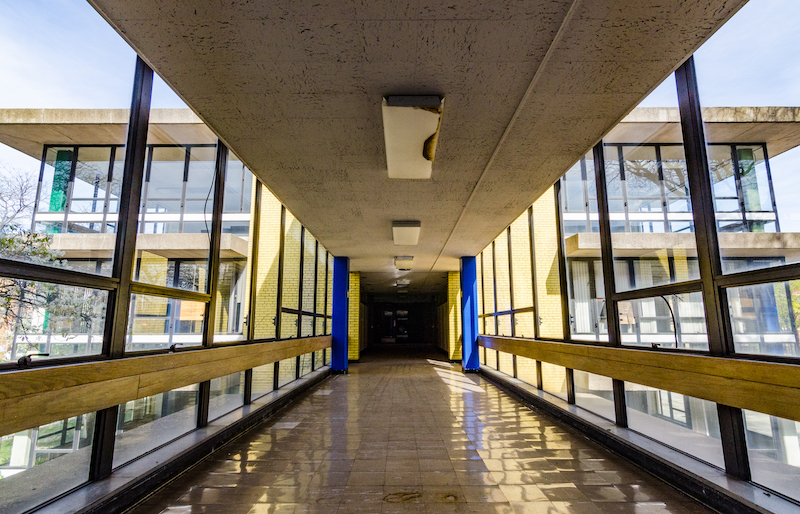
In 2020, the event will now span 10 days (October 16−25). In support of public health and with sensitivity to the unpredictable nature of the COVID-19 pandemic, the CAC has reconfigured OHC for outdoor and online attendance. This reimagined OHC framework—designed for individuals, families and small groups that have isolated together—will highlight and promote visitation of specific areas, encouraging foot traffic and participants to patronize local businesses while learning more about the unique histories and stories of these featured areas.
More than 20 Chicago neighborhoods and two suburbs will be highlighted during OHC 2020, with an intentional focus on, and engagement with, areas and corridors prioritized by the City of Chicago’s INVEST South/West initiative including Auburn Gresham, Austin, Back of the Yards, Bronzeville, Englewood, Humboldt Park,North Lawndale, Pullman, Roseland and South Shore. Fourteen additional focus areas confirmed to date are Chicago’s Loop, Near North Side and Near West Side plus Beverly, Chinatown, Evanston, Hyde Park, Lincoln Park, Logan Square, Oak Park, Pilsen, Rogers Park, Wicker Park and Woodlawn.
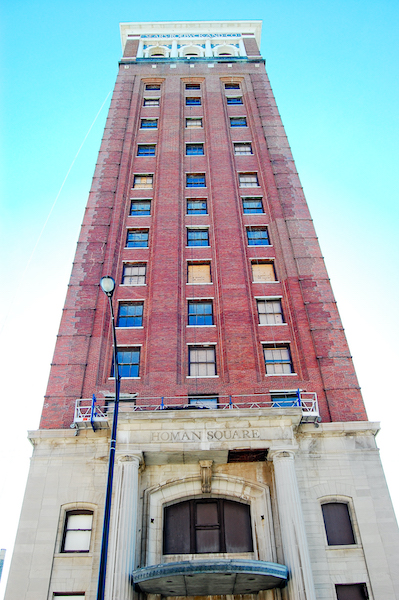
Visitors to each OHC 2020 area will be supported in their self-guided exploration by free resources available online at openhousechicago.org, as well as through an application for mobile devices. Using these free resources, OHC 2020 attendees will be able to explore and select routes on a variety of themes, learn more about buildings and sites of interest in each neighborhood, browse and register for related OHC online programs and more. CAC walking tours continue throughout the festival, some highlighting OHC neighborhoods. Building upon the success of more than 50 remotely accessible CAC Live programs offered continuously by the CAC since April 4, 2020, OHC will include a variety of online events aligned with its 2020 neighborhoods and themes. Featuring guest presenters and representatives from numerous Chicago organizations, these online events may include classes, discussions and lectures, music and performance presentations, virtual tours and other offerings designed to bring the expressions, flavors and voices of OHC 2020 neighborhoods into the homes of people across and far beyond Chicago. To further embed OHC 2020 into the neighborhoods it spotlights, the CAC will again engage multiple community-based organizations for advice and mutual support in communications and engagement, route creation, site selection, the development of program content and more.
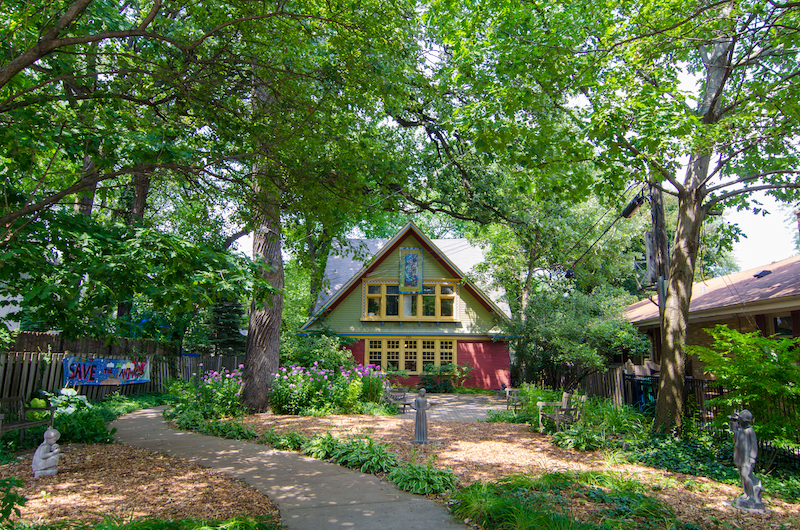
Advance registration for most free and paid online events will be required, through the OHC mobile app, at architecture.org or openhousechicago.org. Current CAC members will receive exclusive benefits and discounts throughout OHC 2020.
2020's realities have meant changes at every level of culture and engagement, but as we are finding, there are opportunities in many places. For this 10th year of Open House Chicago, the changes are another example of what is not cancelled and instead what is indeed open to all.
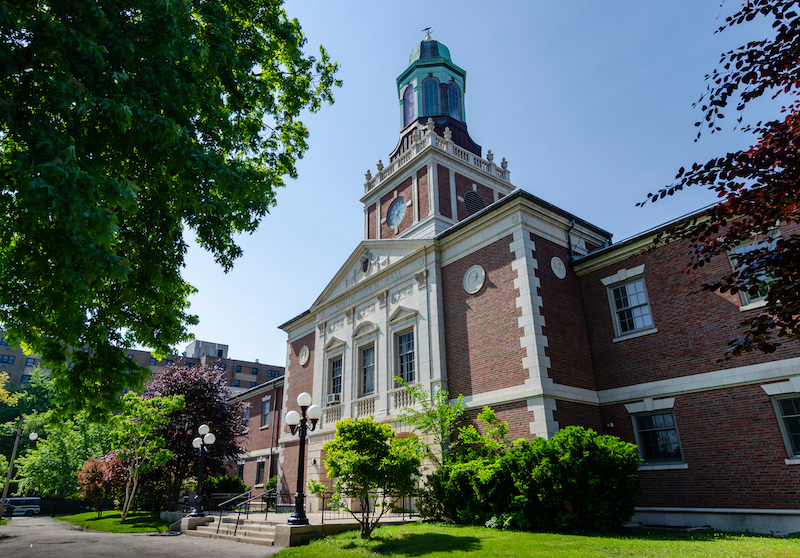
Editor's Picks
Related:
